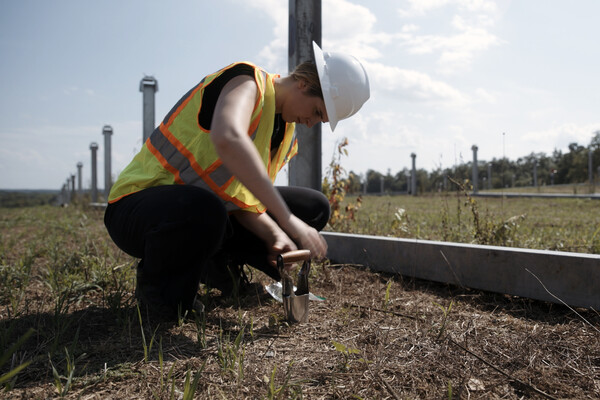
To take soil samples at the solar site, Hannah Winn wields a bulb planter and mixes samples from across locations, looking at variables such that reflect the biological, chemical, and physical properties of the soil.
(Image: Courtesy of AES)

To take soil samples at the solar site, Hannah Winn wields a bulb planter and mixes samples from across locations, looking at variables such that reflect the biological, chemical, and physical properties of the soil.
(Image: Courtesy of AES)

(Image: iStock/oticki)
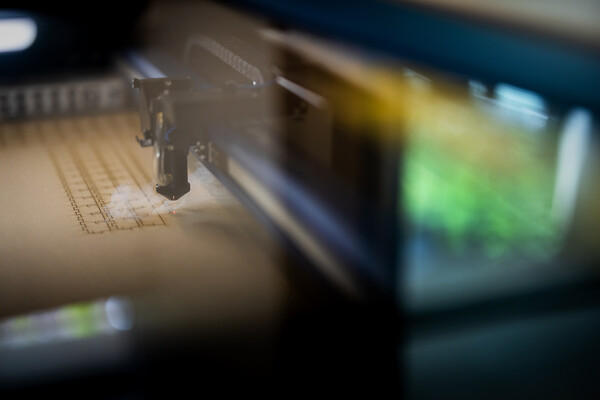
A laser cutter is one of the newer services at the Judith & William Bollinger Digital Fabrication Lab in the Holman Biotech Commons, complementing the existing 3D printing service available to anyone at Penn.
nocred
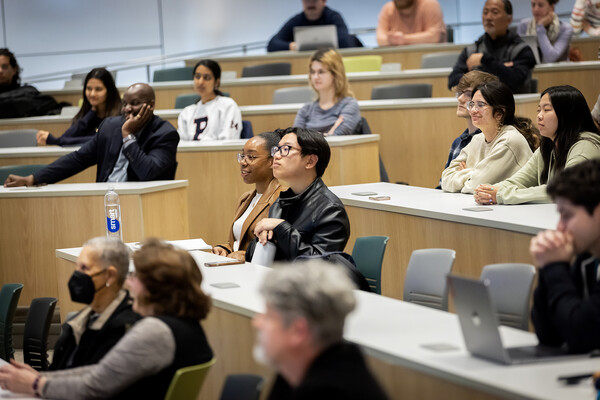
Health equity was the focus of Stanford’s talk in the Levin building.
nocred

Newly elected members of the U.S. National Academy of Sciences, (clockwise from top left) David Brainard from the School of Arts & Sciences; Duncan Watts from the Annenberg School for Communication, the School of Engineering and Applied Science, and the Wharton School; Kenneth S. Zaret; and Susan R. Weiss, both from the Perelman School of Medicine.
nocred
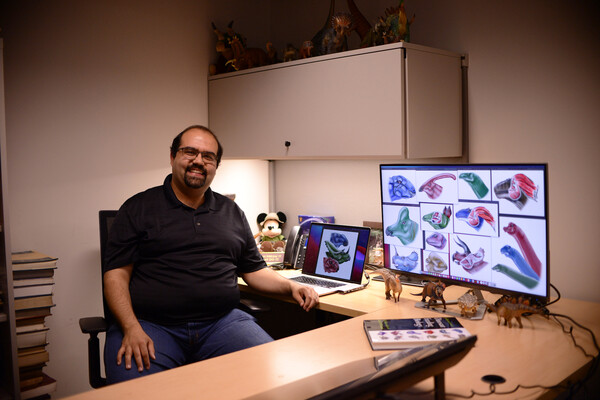
Paleontologist Ali Nabavizadeh of the School of Veterinary Medicine is coauthor of a soon-to-be-published book on dinosaur feeding that compiles more than a century of research on the topic.
(Image: John Donges/Penn Vet)
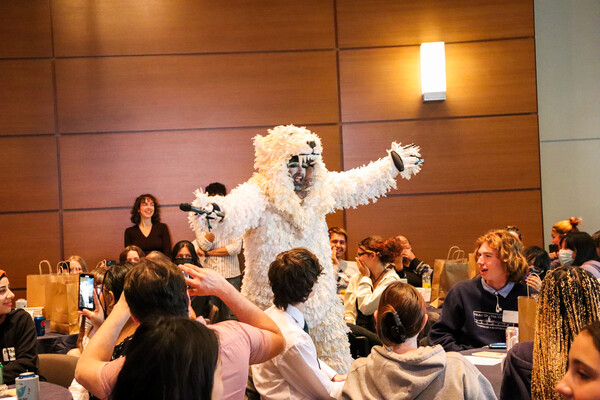
John Jarboe of the Bearded Ladies Cabaret performed as “the last polar bear on Earth” at WHYY headquarters.
(Image: Emily Kaufman/PPEH)
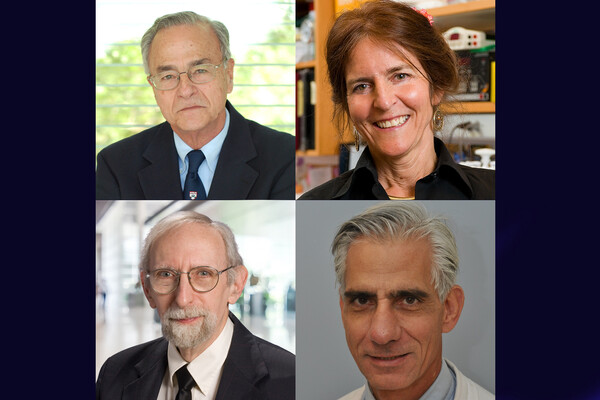
This year’s recipients of the Helen Keller Prize from Penn are (clockwise from top left): Gustavo Aguirre, Jean Bennett, Albert Maguire, and the late Samuel Jacobson.
(Images: Penn Vet and Penn Medicine)
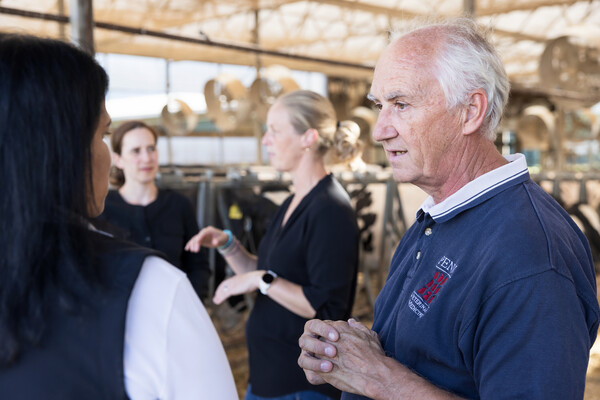
Thomas Parsons of the School of Veterinary Medicine co-leads one of the Environmental Innovations Initiative’s research communities, on regenerative agriculture. The Initiative support synergizes with Penn Vet’s Center for Stewardship Agriculture and Food Security.
(Image: Penn Vet)
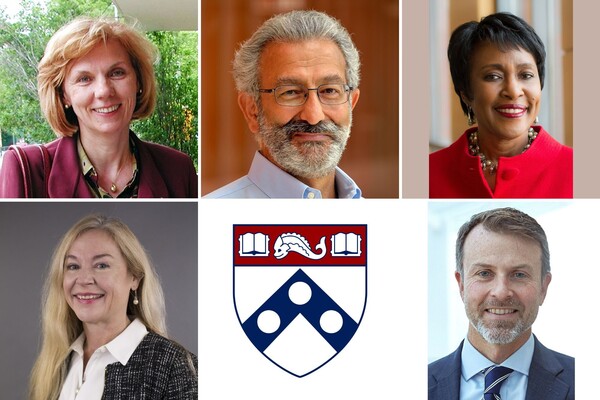
The Academy of Arts and Sciences elected five Penn faculty this year, (left to right): (top) Mirjam Cvetič of the School of Arts & Sciences (SAS); Nader Engheta of the School of Engineering and Applied Science and SAS; and Vivian L. Gadsden of the Graduate School of Education and SAS; (bottom) Petra E. Todd of SAS, and E. John Wherry of the Perelman School of Medicine.
nocred